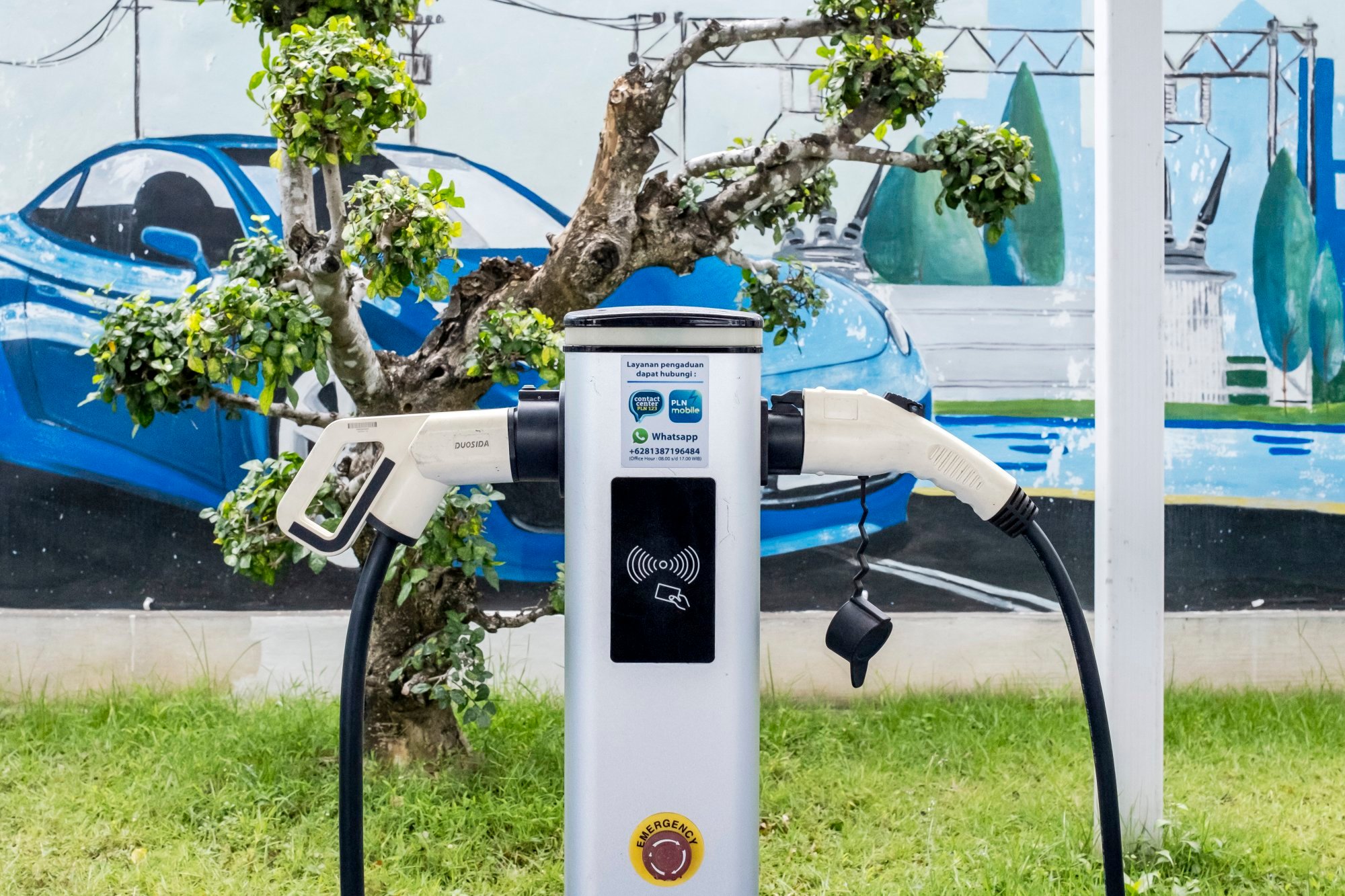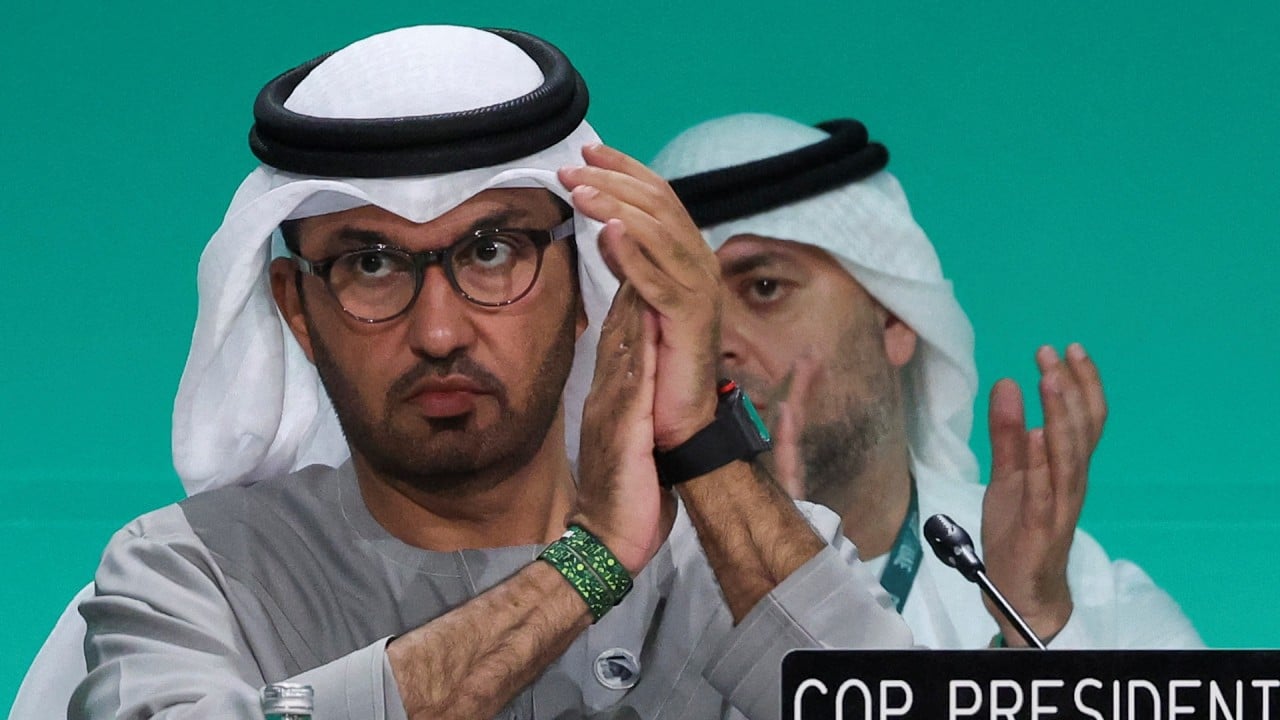While the new rules imposed by China – the world’s most dominant rare earth supplier – will not affect shipments, the restrictions could create hurdles for other countries by adding to the costs of developing technology to grow their green industries.
Asia at risk as Cop28 deal falls ‘far short’ of acceptable fossil fuel phase-out
Asia at risk as Cop28 deal falls ‘far short’ of acceptable fossil fuel phase-out
If the US were to impose EV-related tariff hikes against China and in turn worsen their trade row, Asian firms would be adversely affected as many of them are dependent on Chinese technology and parts for EVs, and this could also lead to a reduction in sales in the crucial American market.
Many Asian EV firms and related industries need to ramp up production and sales over the coming years for green technology to become commercially viable. Lack of access to key materials and markets could spell doom to their ambitions.
EV battery technologies are important not just to steer the world away from fossil fuel-driven cars. They also have an impact on the development of renewable industries such as solar and wind, and efficient electricity transmission.
Cumulatively, this would mean investments of US$1 trillion for the manufacturing of batteries used in EVs and renewables like wind and solar alone by 2030, more than four times that of developing transmission and distribution infrastructure, Cote said.
While the projection seems ambitious, the bright prospects of China’s EV market appear to support the global transition towards clean energy.
Half of China’s new passenger vehicle sales will be electric by 2026, according to a Bloomberg report. Globally, this proportion will rise to 16 per cent by next year from 10 per cent in 2022, Moody’s data shows. China’s EV sales will also displace around 300,000 barrels of oil in 2024, according to ANZ’s data.
For now, Asian countries with ambitions to grow their EV and green industries will have to find ways to navigate around the supply challenges arising from the US-China row.
EV boom unlikely to ease Asia’s resource vulnerability, analysts warn
EV boom unlikely to ease Asia’s resource vulnerability, analysts warn
One way is for them to maintain cordial trade ties with both economic giants to minimise supply disruptions. But as the pandemic had shown, when global supply chains were upended due to China’s strict Covid-19 restrictions, Asian economies should look to build self-reliant green industries including for EVs.
These economies face numerous challenges in developing their EV and green industries. It will require an array of measures such as manufacturing incentives, tax rebates and supportive policies.

Developing technology in the different industries is another area. For instance, the supply of lithium-ion batteries – the mainstay for EVs – is not expected to meet surging demand in the next few years. Some EV companies are already looking beyond lithium and exploring using more abundant minerals like sodium to manufacture batteries.
Innovation is and will remain the name of the game. Those who fail to focus on technology will continue to be vulnerable to trade politics and whims of major suppliers for many years to come.


